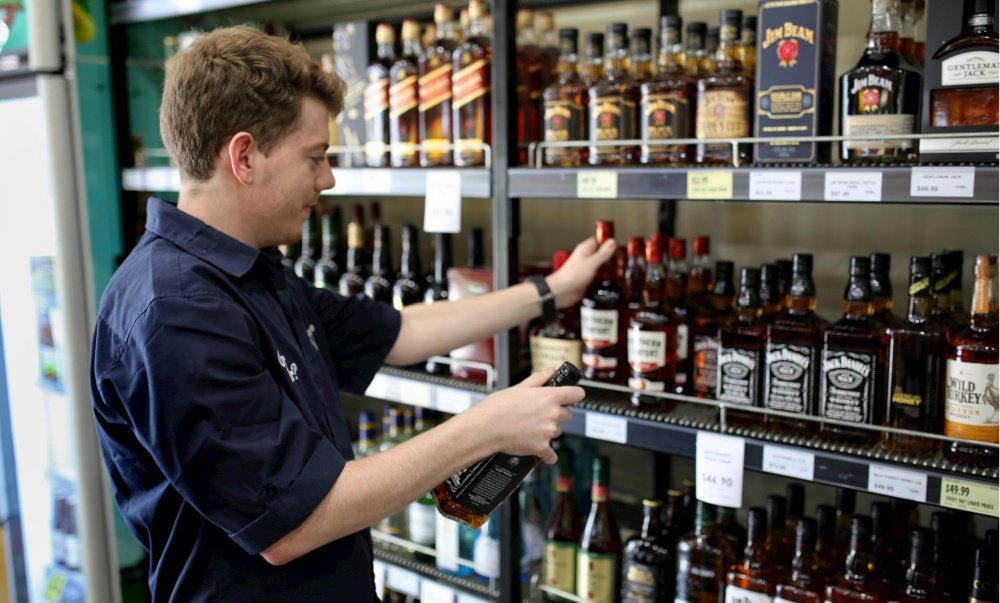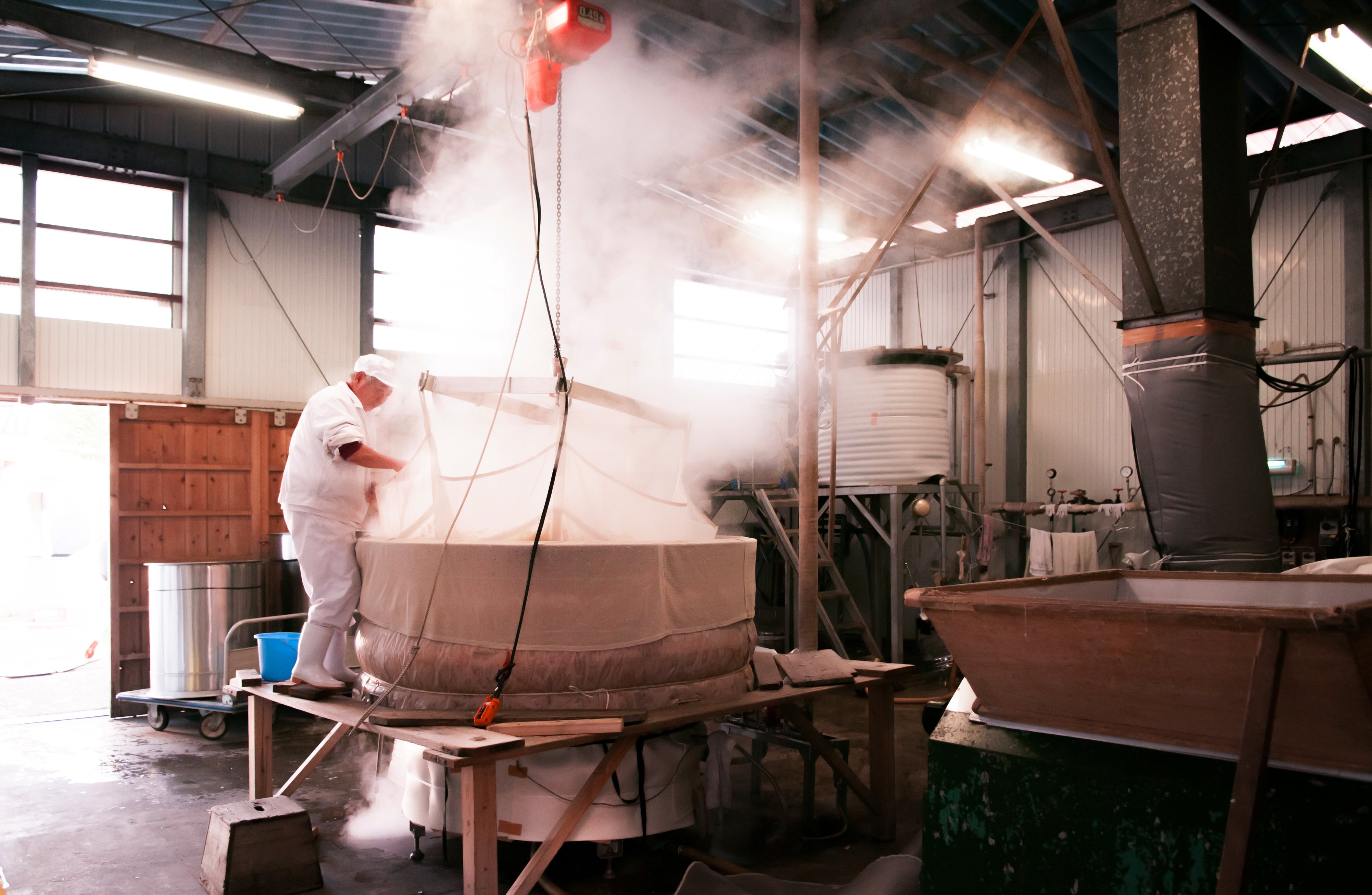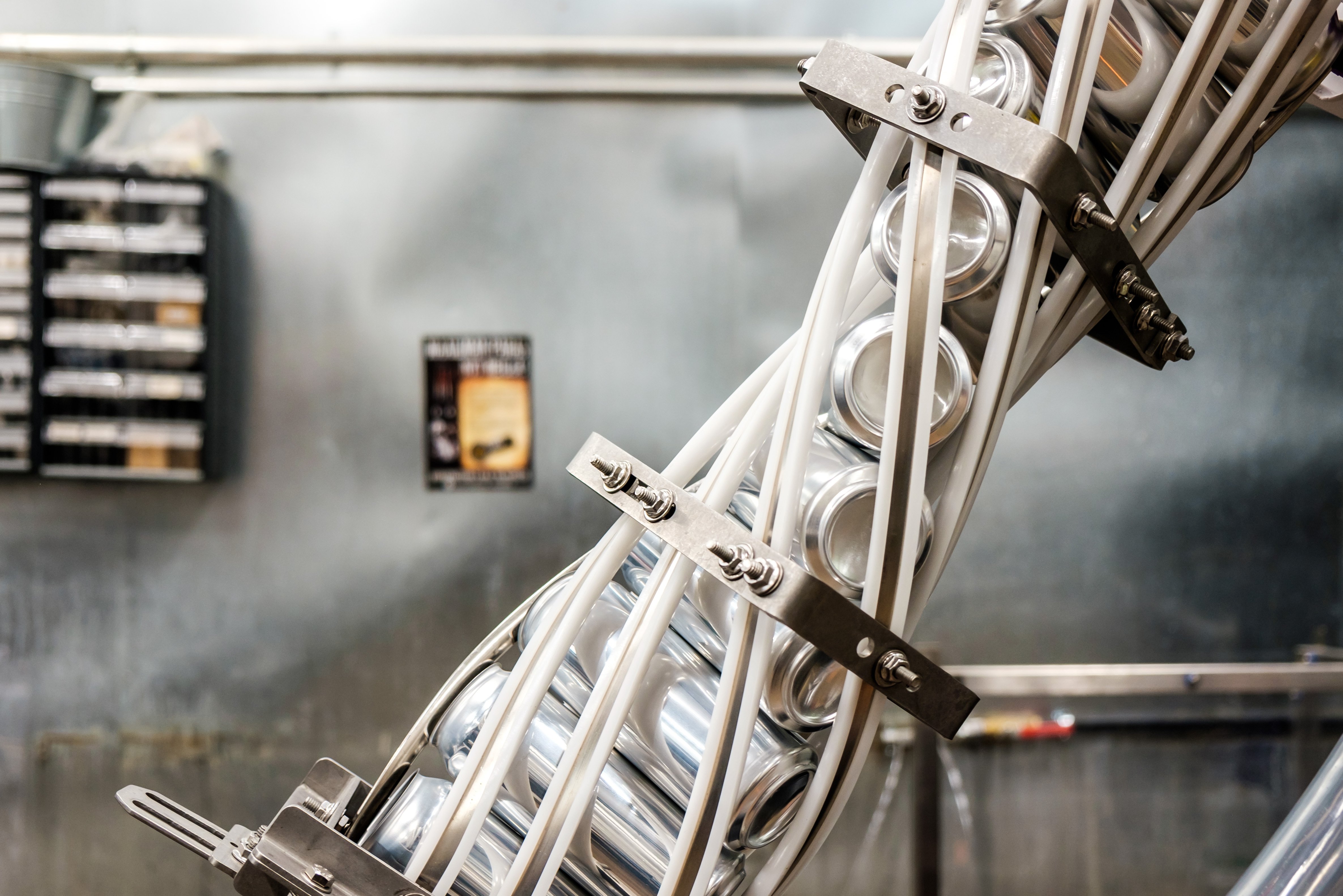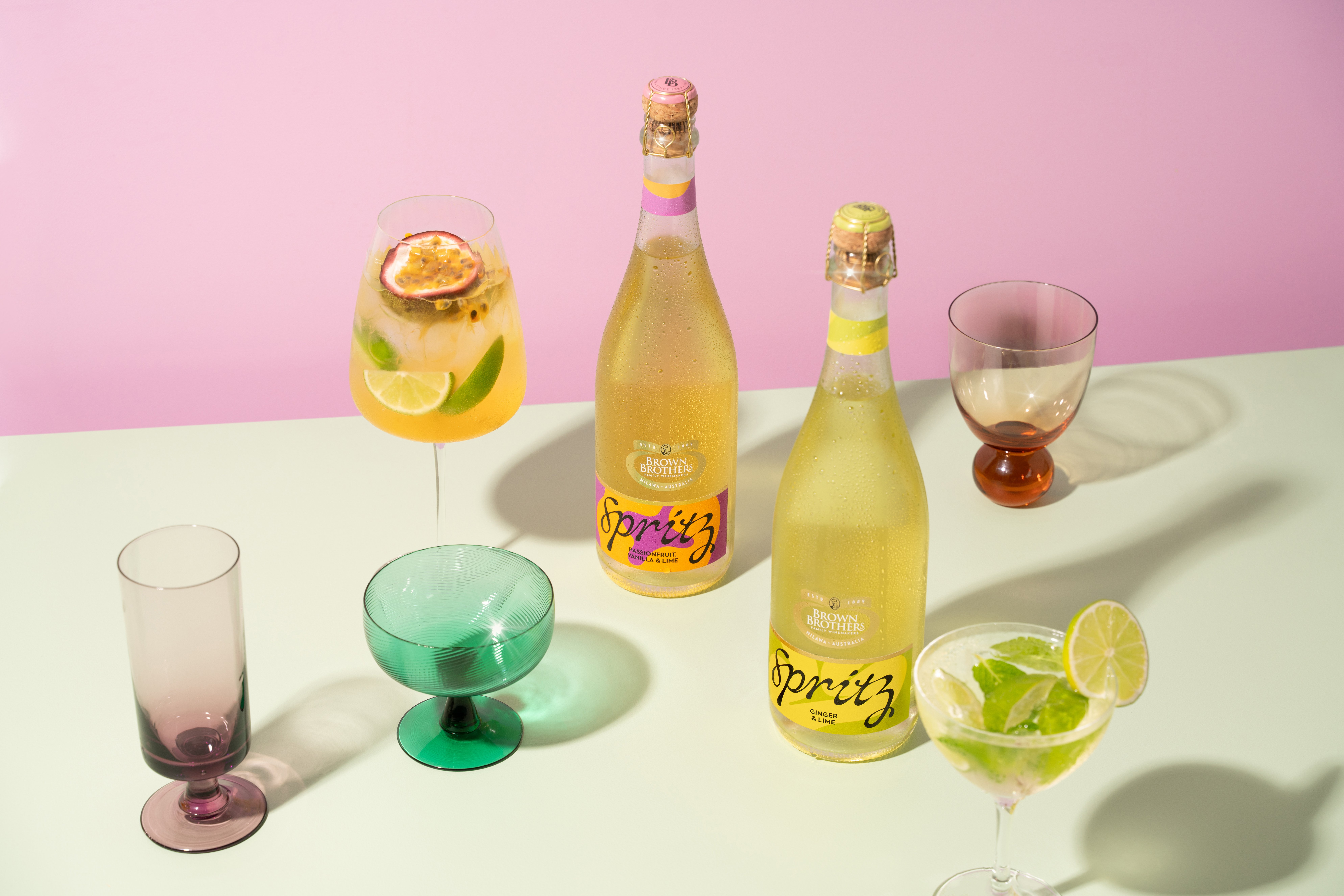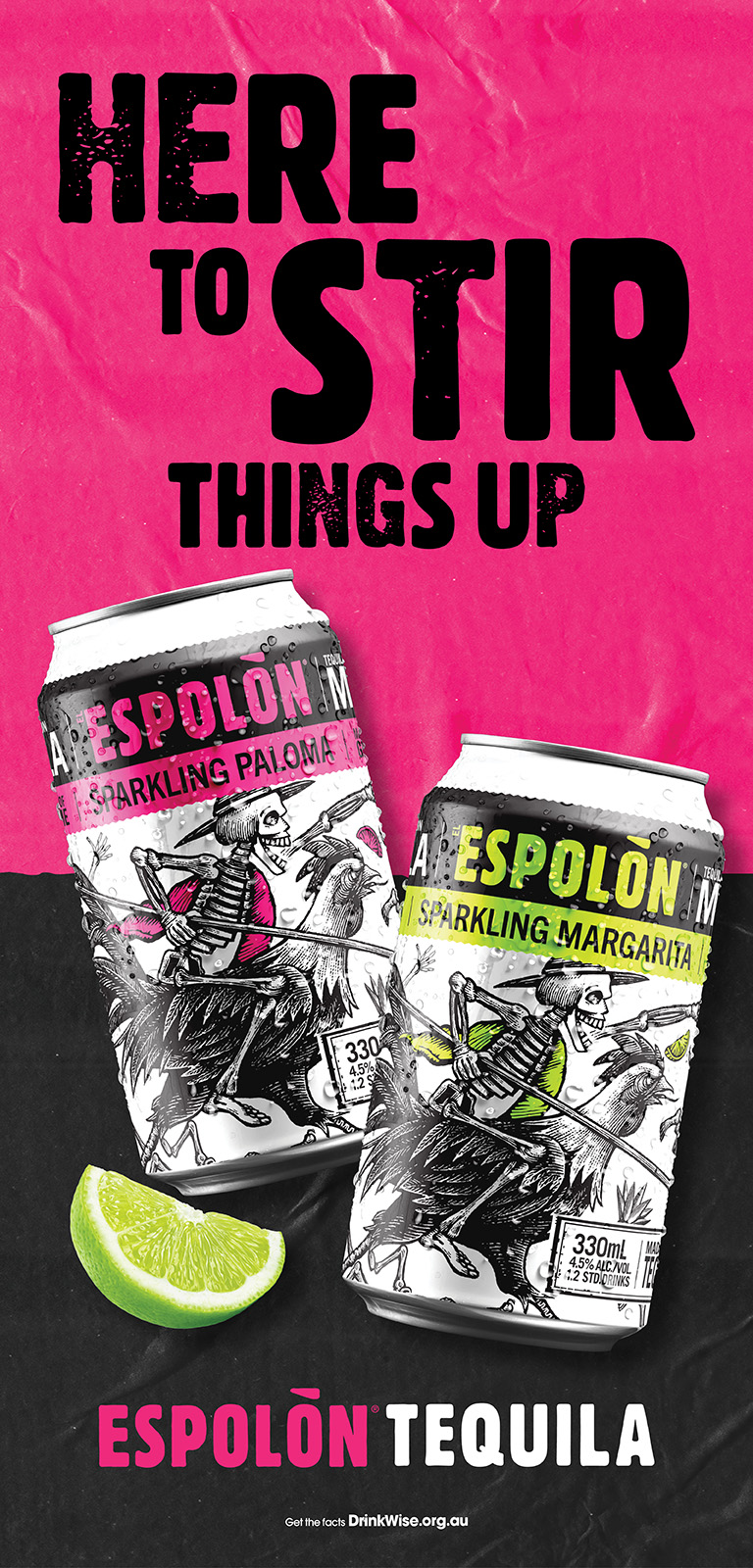Australia is officially in a recession but alcohol sales for at-home consumption are expected to continue to perform well, with online purchases expected to rise.
Historically, alcohol consumption tends to rise during periods of national strife and indeed this is what we have seen through lockdown with strong growth in the at-home consumption of alcohol and in entertainment.
What is different about the COVID recession, to those that have gone before, is the package deal that it has been brought: borders remain closed, lockdown is back on in Victoria and social distancing measures are well and truly in place.
So, while it remains likely that alcohol sales will continue to perform extremely well for at home consumption, it is hard to foresee when people will return in great numbers to their local pub to commune over a beer.
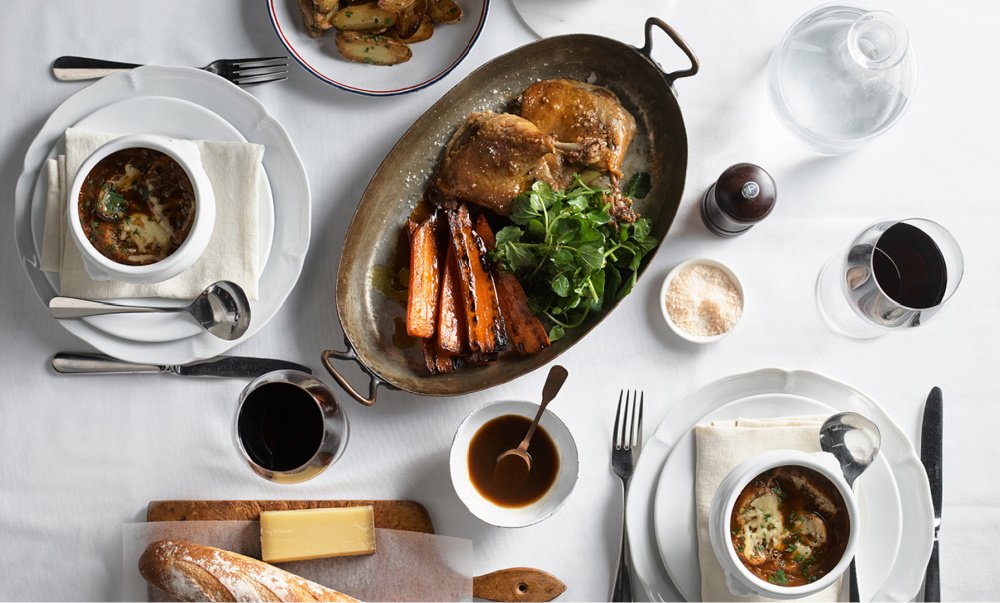
The Australian economy has contracted by 7% this last quarter, the largest since the Great Depression, and we are in a recession for the first time in almost three decades. Household expenditure at hotels, cafes and restaurants for the June quarter declined by 56% nationally but an increase in spending was recorded for at home items including alcohol, hardware and furniture purchasing.
Despite the severe drop in economic activity, Australia is doing better than most other advanced economies. On Radio National this morning, host Fran Kelly asked her guest, Nicki Hutley, Economist and Senior Partner, Deloitte Access Economics, about Australia's quick response to enforce social restrictions, in contrast to the UK where the GDP has dropped by 20% and the death rate from COVD-19 is 24 times higher than Australia’s.
Hutley responded emphatically: “This idea that if you just let the economy rip and forget about the health outcomes, that suddenly we’ll get this magic silver bullet that everything’s OK: it’s not borne out by the facts. Those (countries) that have not dealt with the virus have had worse economic outcomes. It’s very, very clear, there’s a strong correlation. Anyone who is arguing for that is offering false hope.”
Share the content
